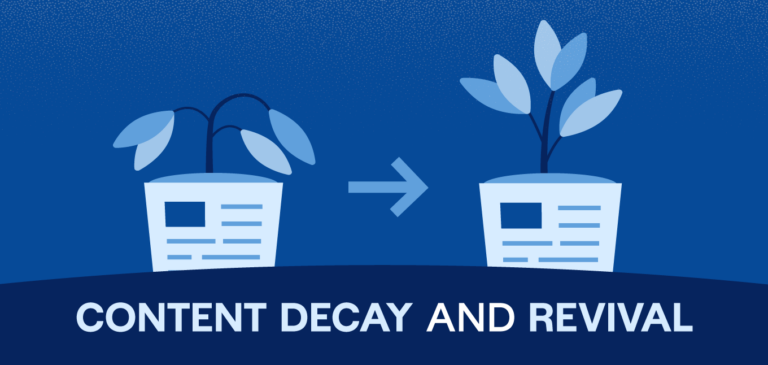What is B2B?
The term B2B is used in content marketing to abbreviate business-to-business. It represents an umbrella category for marketing and transactions between two businesses rather than between a company and individual consumers. The goal of B2B is to build relationships by distributing valuable, relevant, and informative content. B2B content marketing often involves:
- Industry-Specific Knowledge
- Thought Leadership
- Case Studies
- White papers
- “Partner spotlights” that showcase clients
- Webinars
- Virtual product demos
- Other content formats that educate and persuade businesses.
B2B commerce can also be for goods or services. When the local two-person web design studio in the neighborhood sells a site redesign to a family-owned pizzeria, that is also a B2B transaction.

Whether you’re a business, an agency, or a marketing consultant operating in the B2B category, your outreach strategy needs to target businesses that can feel different from marketing directly to individual consumers. It does not necessarily mean that your voice and tone need to be corporate, but it does mean that you’ll showcase your product or service as a business solution.
Why is Business-to-business content marketing important?
In the modern digital landscape, no business is an island. Every business requires the support and services of other companies to grow. B2B marketing enables companies to share their resources and expertise with potential partners.
This sharing of knowledge and resources creates opportunities for collaboration, where companies can leverage each other’s strengths and work together to achieve common goals. B2B marketing also helps:
- Identify Potential Partners
- Generates Leads
- Establishes Trust And Credibility
- Share Resources
- Supports The Sales Process
- Builds Long-Term Relationships
- Differentiates You From Your Competitors
B2B marketing plays a crucial role in adapting to the digital transformation of business processes. With the rise of digital platforms, social media, content marketing, and data analytics, B2B marketers can leverage these tools to reach and engage their target audience more effectively.

In B2B Marketing, Collaboration is King
B2B content marketing is not just about making a one-time sale. We can create lasting beneficial partnerships with businesses that align with our goals, values, and target audience. Collaborating with a complementary business opens you up to new markets by ingratiating yourself to their pool of loyal customers.
Joint B2B collaborations also allow companies to pool their resources, expertise, and networks to explore untapped markets. By leveraging each other’s networks, companies can expand their reach and grow far beyond what they could achieve alone.
B2B Education
It may feel counterproductive to offer high-level educational resources that are also available to your competitors. After all, a BBQ joint doesn’t advertise the recipe to its secret sauce, so why would we offer all of these insights into the content marketplace?
B2B content leverages expertise into leads. You can establish credibility with your target audience by demonstrating your industry knowledge and thought leadership. Trust is vital for successful collaboration, as it encourages open communication, sharing of resources, and joint problem-solving.
Offering up your expertise also allows you to differentiate yourself from your competitors. By showcasing your unique value proposition, you stand out in a crowded marketplace and can position yourself as the preferred choice in your industry.
An Example of B2B Marketing
Many businesses concentrate their B2B marketing efforts in obvious spaces: LinkedIn ads, conferences, and purchased lead lists. Larger companies may take a broader approach.

For example, Microsoft is one of a few major corporations to run primetime broadcast commercials advertising its small business services. This campaign serves as a wide net to catch thousands of small business owners. Still, simultaneously, more targeted marketing and sales efforts are running in other channels to reach large potential customers.
Many companies have a B2B side and a B2C (business-to-consumer) side. Suppose you work in marketing for a company that does both. In that case, it’s a constant challenge to balance the B2B and B2C efforts — especially today, when everyone can potentially stumble upon any material you put out, including material specifically targeted to the other audience.
B2B Beyond Marketing
Business-to-business sales go far beyond just content marketing. A large food producer may have food service customers but also sell products directly to consumers in grocery stores. The company may have products only for commercial kitchens (i.e., only for business customers), and their challenge is to let all those B2B customers know about new products without ever letting consumers know because consumers cannot buy them.
To do this, a company often has separate websites and two different customer databases for targeted email campaigns. They might opt for no social media for the B2B products but a strong sales team to share product information with their food service clients.
Get expert content for all of your B2B business’s needs by talking to a content specialist at ClearVoice today.



